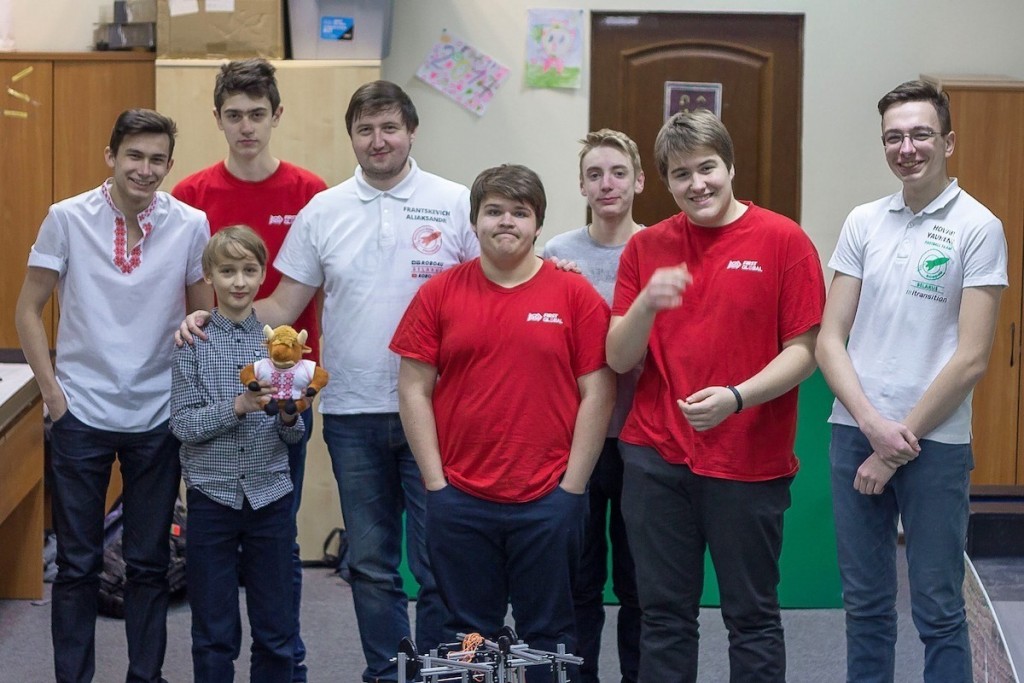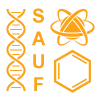FIRST Global Challenge

Three days in August were a real challenge for the capital of Mexico: it hosted the participants of the Robotic Olympics from 192 countries. Belarus was no exception. Our country was represented by students of gymnasiums and lyceums of Minsk: Alexander Kulsha, Vladimir Sanko, Maxim Klimovich, Yevgeniy Govor, and Maxim Shpilevsky. They were accompanied by the team coach Alexander Frantskevich, his assistant Alexei Nedvedsky, and manager Igor Shevchenko.
FGC participants compete with each other annually, developing a solution concept for one of the 14 Great Engineering Tasks identified by the US National Academy of Engineering. The task of the Olympics this year was to create a robot that can build energy chains delivering clean energy to consumers.
The students from our team started preparing to FGC-2018 in autumn, five months before the announcement of the Olympics rules. This preparation included studying programming languages, developing design skills, and solving TIPS problems. The coach decided to organize a competitive training and shape two teams, each developing and implementing their own idea. Then the teams competed and developed a joint solution. As a result, the robot developed by the tenth-graders was chosen as a basis for the national team’s project at the Olympics, as it outperformed the robot developed by their senior fellows. The students spent the two months remaining before the competition eliminating defects in the design of the robot, improving its program, carrying out tests, and practising manipulations.
Olympics matches are traditionally held as a game involving two alliances of three teams (countries). In Mexico City, Belarusians played eight qualifying matches and several practice matches. The most interesting and productive game was played in alliance with Andorra and Montenegro against the alliance of Namibia, Georgia, and the Maldives. The Allies, having played an excellent match, unloaded the last cubes and parked their robots in the corresponding zone just a few seconds before the end. The 920 points obtained by the students happened to be the best result of the Belarusian team to date.
The assistant coach Aleksey Nedvetsky shared his impressions about the performance of the Belarusian team, “During the competition, the guys were striving for victory with all their dedication. Good luck was not always on their side, nevertheless, they did not lose heart and continued to improve their robot, correcting all the errors. I am very thankful for being an assistant coach of such a decent, purposeful, and incredibly cohesive team.”
Despite the tight schedule of matches of the First Global Challenge, the participants had a chance to communicate with their fellows from different countries and get impressions of the city. There was also a wonderful joint night walk with the guys from other teams around Mexico City; they discussed the competitions, exchanged experience and contacts.
Links:




